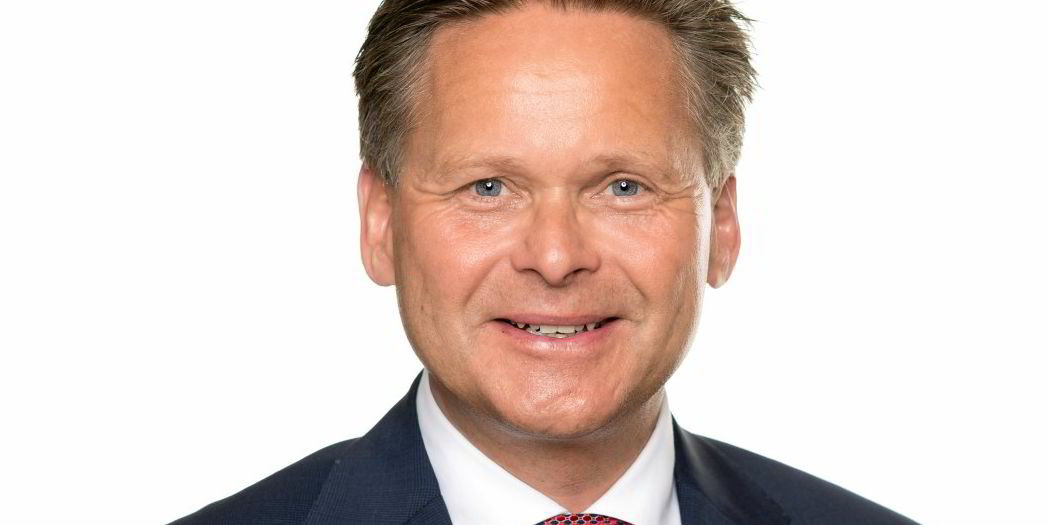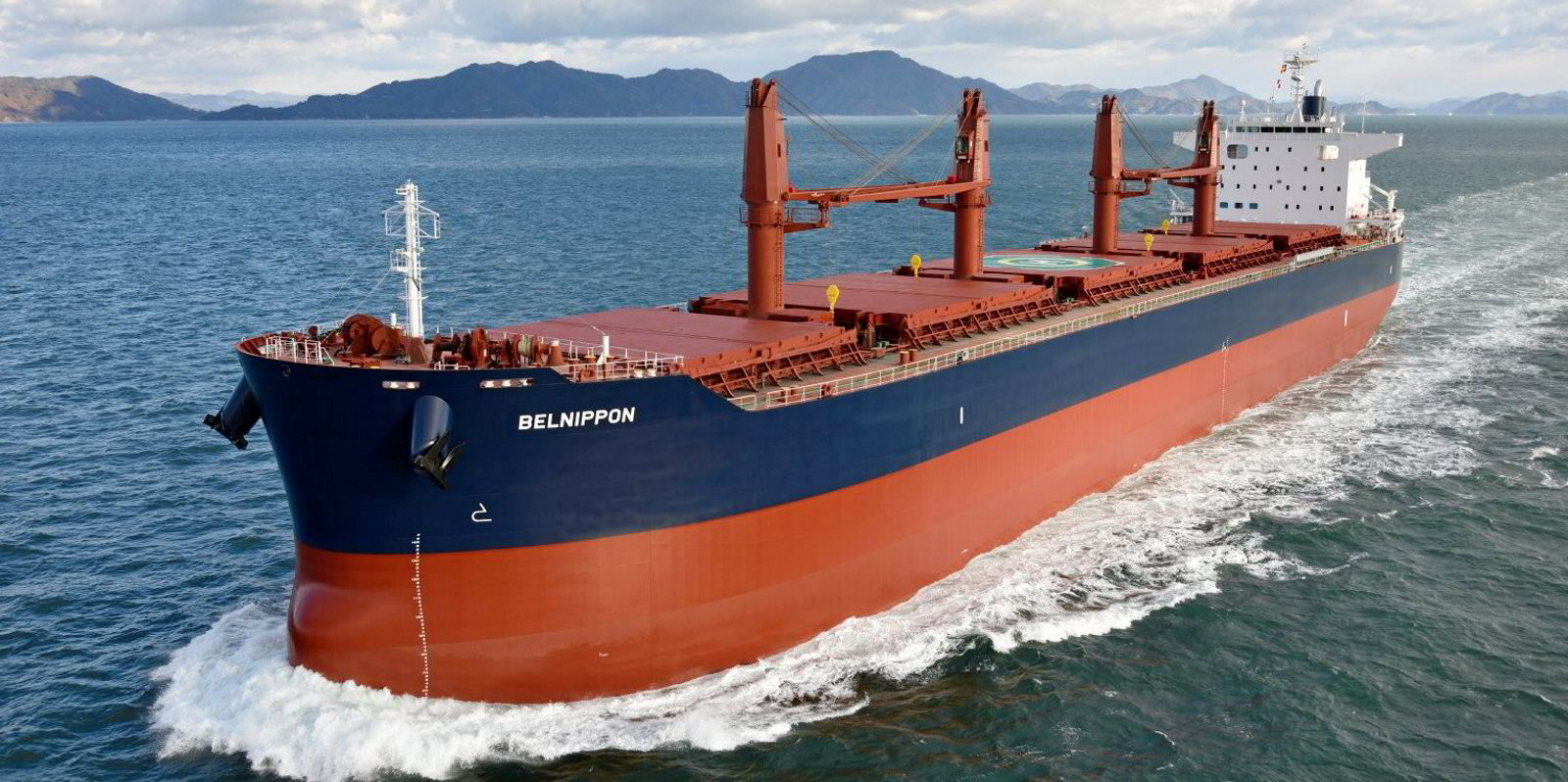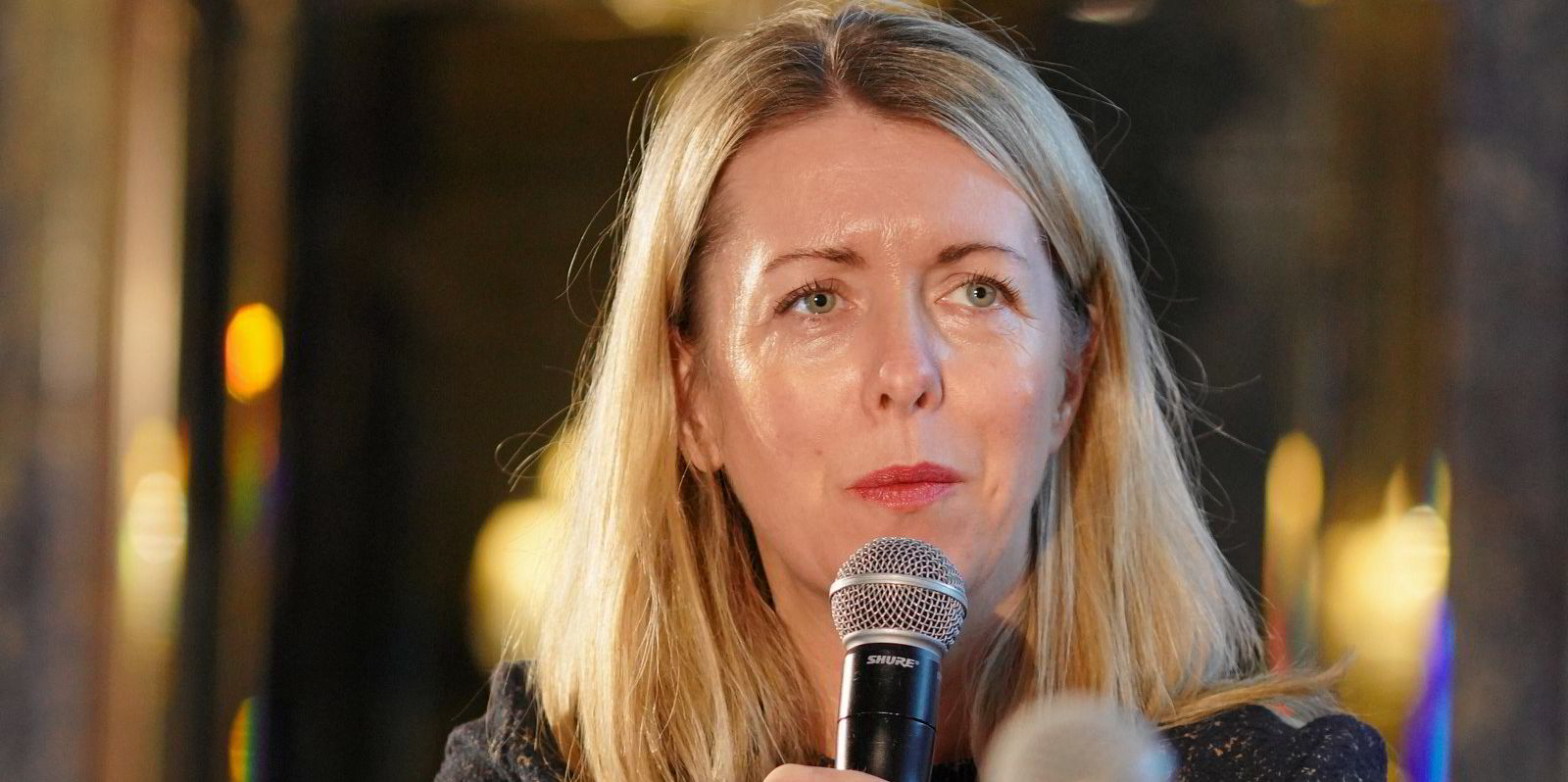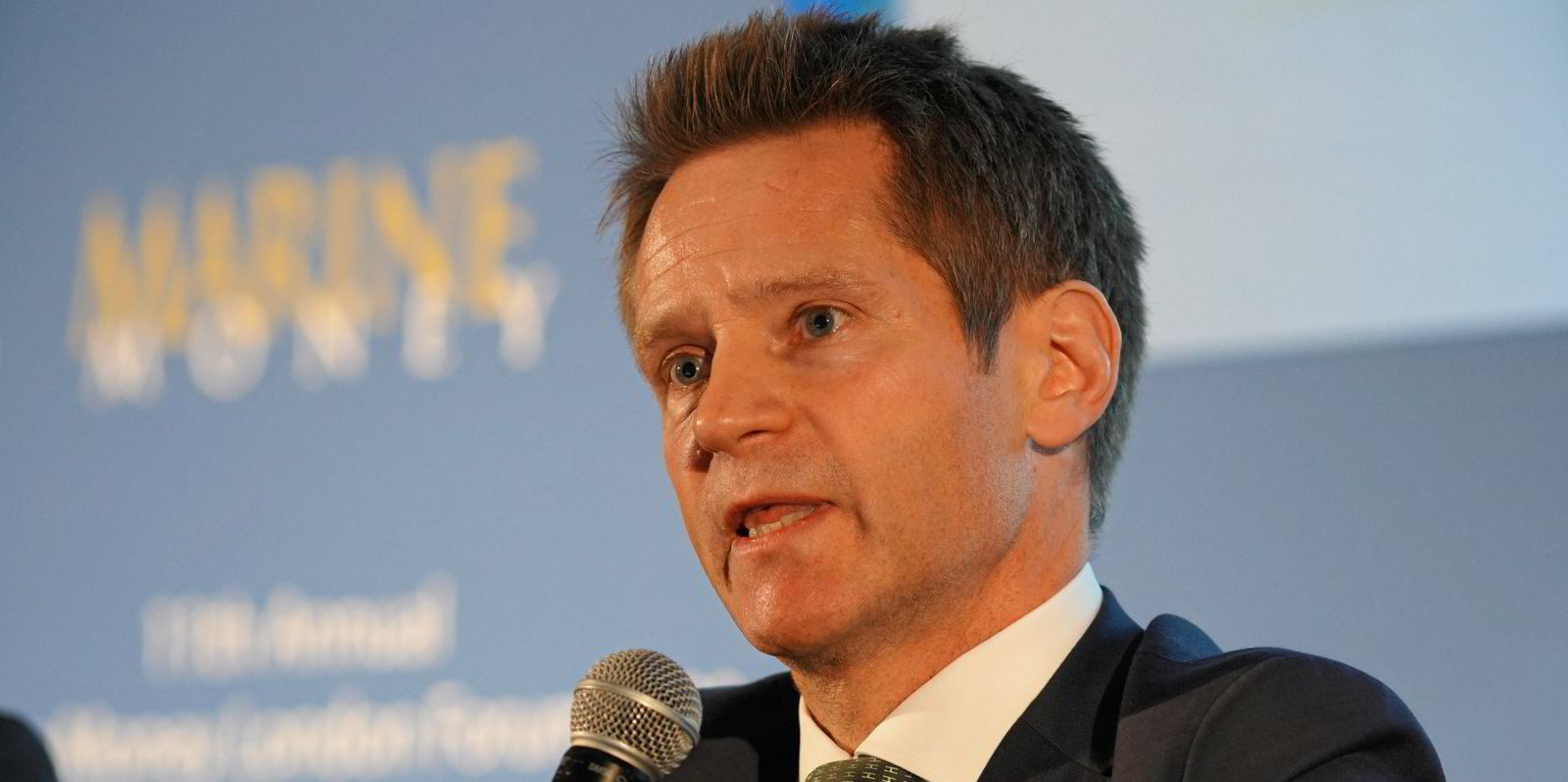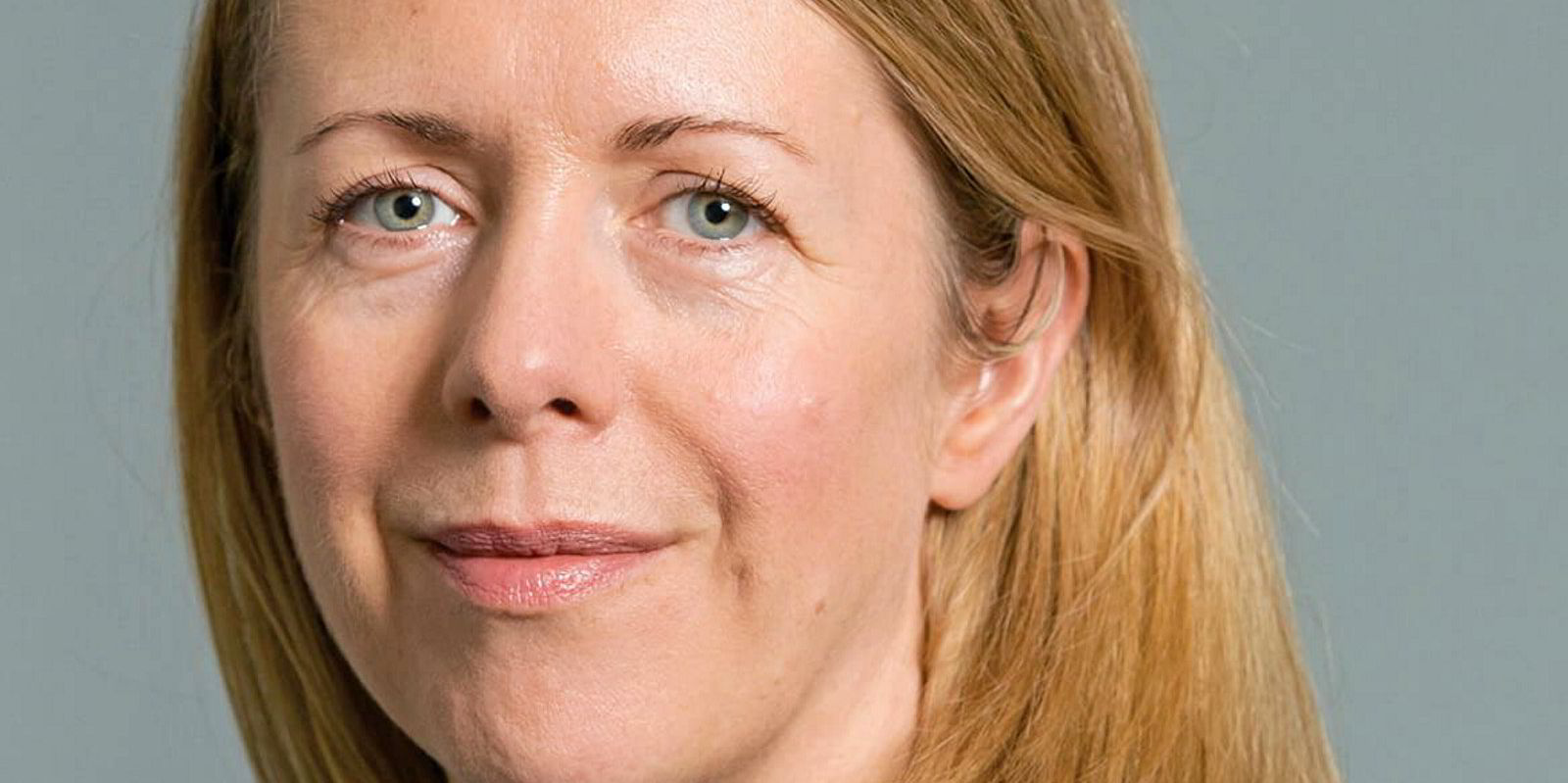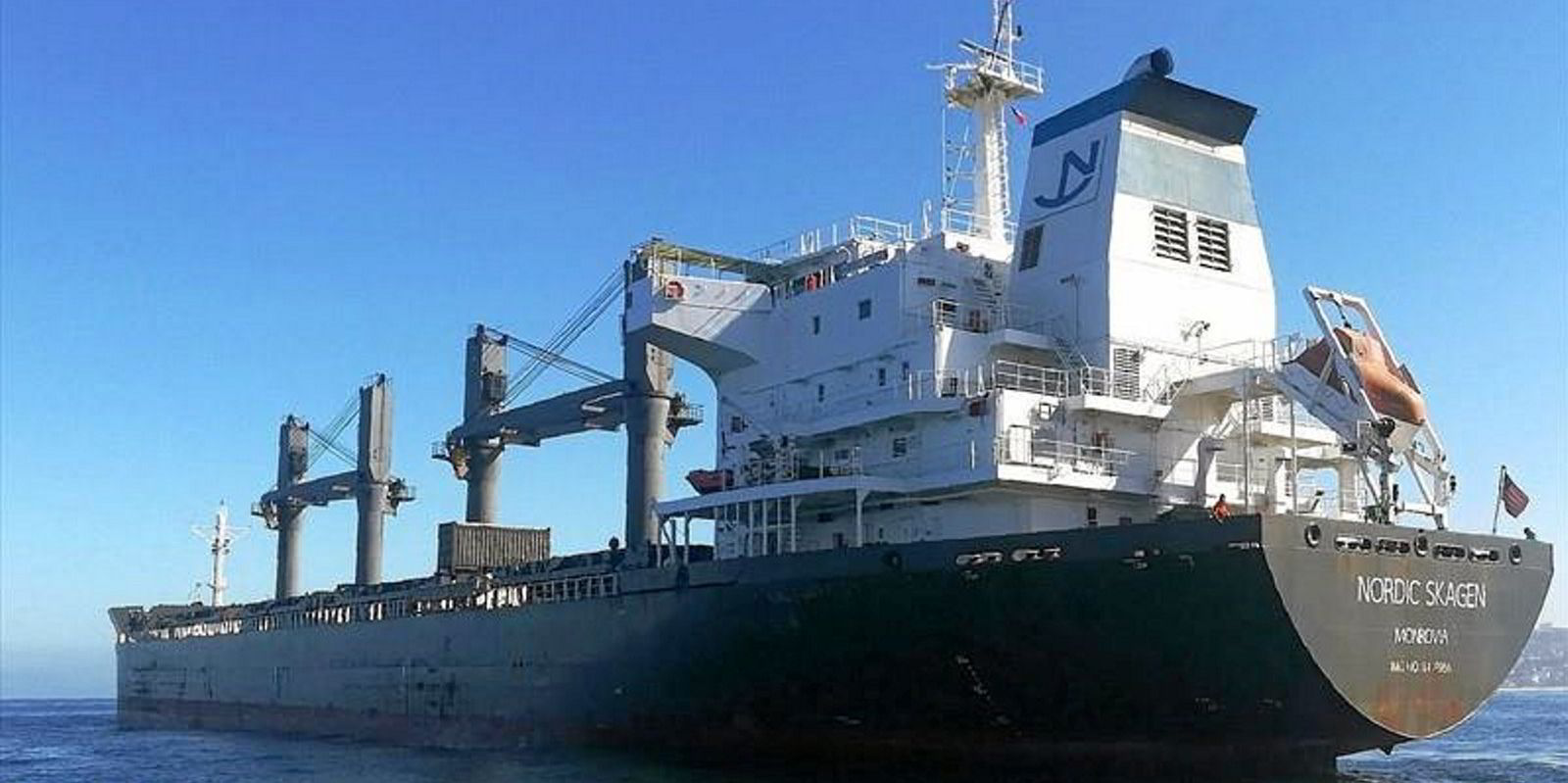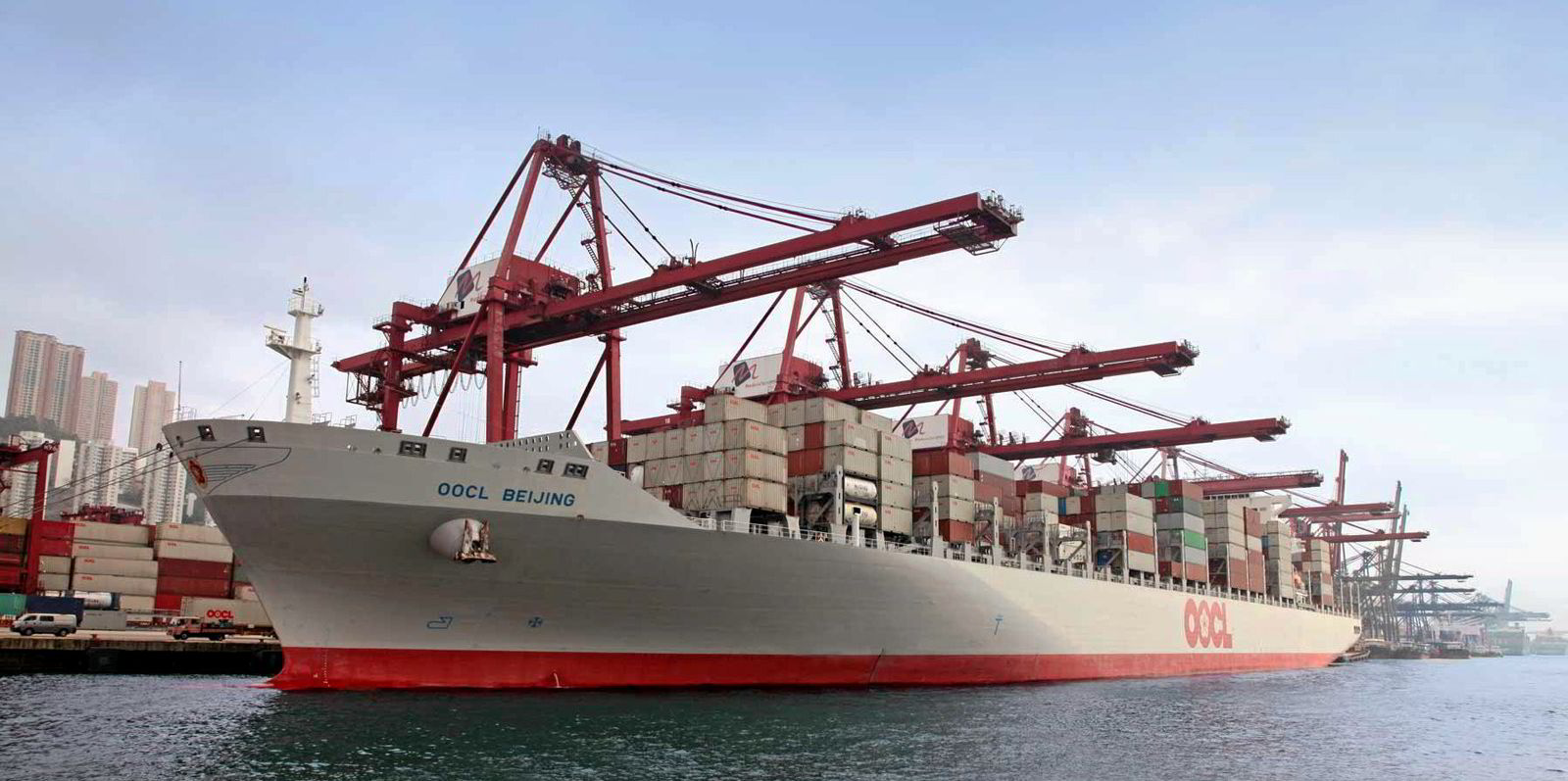Bulker operator Western Bulk is back on track and has been putting some big changes in place, according to its chief executive.
Hans Aasnaes told TradeWinds the Oslo-listed bulker operator finished 2020 in the black for the first time in two years, after a profitable final six months.
"It was a hard year to be in dry bulk last year, so I'm pretty satisfied with the numbers for the second half," he said.
The company recorded net profit of $6.1m for the final six months of 2020 and year-end profit of $3.2m.
This compares with a $32m net loss for the full year of 2019, after loss-making contracts in Chile forced the operator to book a $26.4m impairment that year, in addition to a $13.1m charge in 2018.
Poor markets caused Western Bulk to scale down its fleet of chartered chartered-in vessels in late 2019 and early 2020.
During the second half of last year, Aasnaes said the fleet averaged just 95 vessels compared with the usual 150 to 160 vessels.
Now, he said, the time is right to build back the fleet, which currently stands at 110 vessels.
Western Bulk plans to charter in more handysizes, but particular focus will be placed on supramaxes and ultramaxes.
The outfit has also made new hires at its bases in Oslo and Singapore, and Aasnaes said it will be recruiting for other roles within data analysis and risk control.
Culture change
But work does not just extend to building the fleet. Aasnaes explained that it involves building a more open, joined-up company culture.
He played down his own role in the change, but it is fair to say Aasnaes has made a big impact since he joined the company in July 2019.
"I think Western Bulk has always had a very strong and agile commercial culture, but the way it was organised was with very strong business units that were working at least partly on their own," he said.
"Now we're trying to build much more on one being one company and having a cooperative culture across the whole company."
As part of this, he said Western Bulk is building in "feedback loops" to share information and knowledge between its commercial teams around the world.
He said this requires the sharing of what has been done and its successes, correcting and learning from mistakes and building knowledge and experience throughout the organisation — as one company, rather than as disconnected business units.
"In other words, [sharing] what we're doing right, what we're doing wrong, where we're good, where we're bad and trying to improve," he said.
He added that there is a data element to this too, and the company is analysing its historical trading patterns to glean knowledge and expectations.
Aasnaes wants Western Bulk to continue on this path during 2021.
"[We're going] to work on being one company, to build on this strong and agile commercial culture we have and then have a focus on our customers — enhancing the product and enhancing what we deliver to the customers," he said.
"This is just continuing building, stone by stone, what we've started on," he said. "That is excellence in execution and operations, excellence in chartering. It should be built, partly at least, on data-based systems to support decisions and to simplify the work."
Data focus
Western Bulk is also growing its own in-house team of analysts, and last year signed a partnership with bulker-tracking platform Oceanbolt and other vendors.
"We've built up a state-of-the-art, cloud-based data infrastructure," Aasnaes said. "We collect and combine pretty complex data from different sources and we use that for analysis and reporting."
He said the analysis is used to inform decision-making in chartering and operations, as well as for simplifying work processes.
But he added that the operator no longer uses the services of CargoMetrics.
